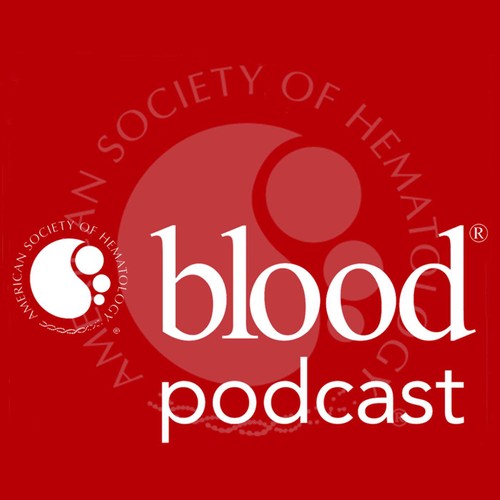
 Blood Podcast
Blood Podcast Sneak Peek Episode 1
Dec 10, 2019
Delve into the complexities of hemophagocytic lymphohistiocytosis and the promising role of ruxolitinib in treatment. Discover the efficacy of CAR T-cell therapy for treating B-cell lymphomas, especially follicular lymphoma. Learn about the intriguing links between blood cell interactions, sickle cell trait, and thrombosis. Finally, explore how mutated calreticulin influences myeloproliferative disorders and the emerging strategies for addressing these health challenges.
AI Snips
Chapters
Transcript
Episode notes
Ruxolitinib's Superior Effect in HLH
- Ruxolitinib, a Janus kinase inhibitor, is superior to gamma interferon inhibition alone in treating HLH by ameliorating hypercytokinemia and organ injury.
- Neutrophil cytotoxicity plays a pivotal role in HLH-induced multi-organ dysfunction, and targeting myeloid cells may improve outcomes.
CAR T-Cell Therapy in Follicular Lymphoma
- Anti-CD19 CAR T-cell therapy shows high and sustained response rates in follicular lymphoma patients.
- Lymphodepleting chemotherapy intensity before infusion impacts CAR T-cell therapy effectiveness and progression-free survival.
Sickle Cells Promote Thrombosis
- Sickle red cells interact with fibrin, making clots more resistant to fibrinolysis and increasing thrombosis risk.
- Sickle cell trait also raises venous thromboembolism risk, explaining epidemiological findings with a novel mechanism.
